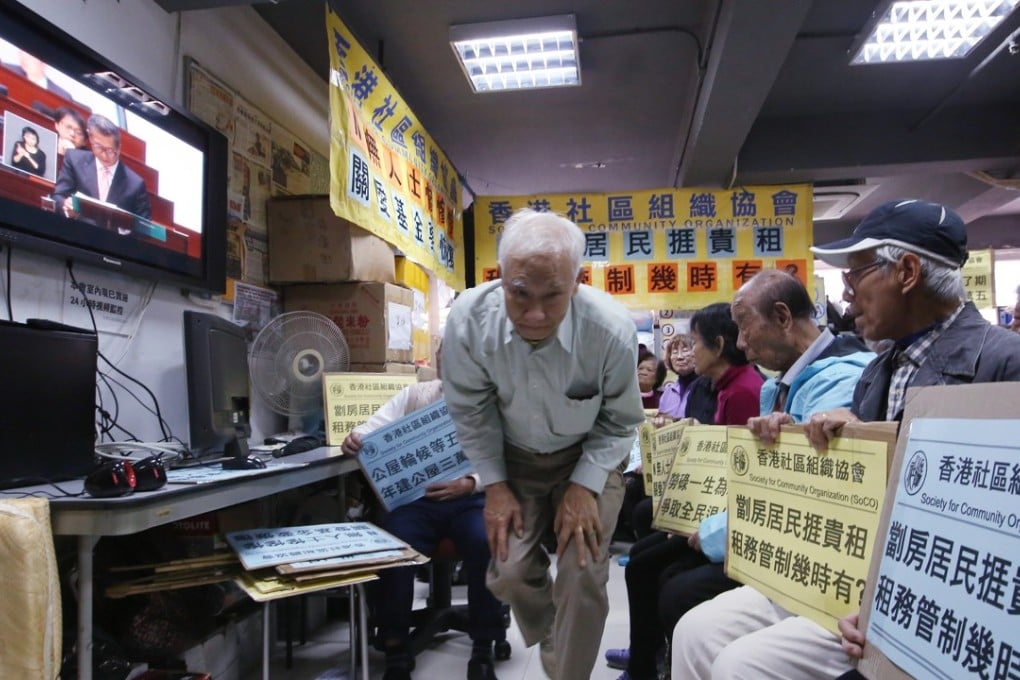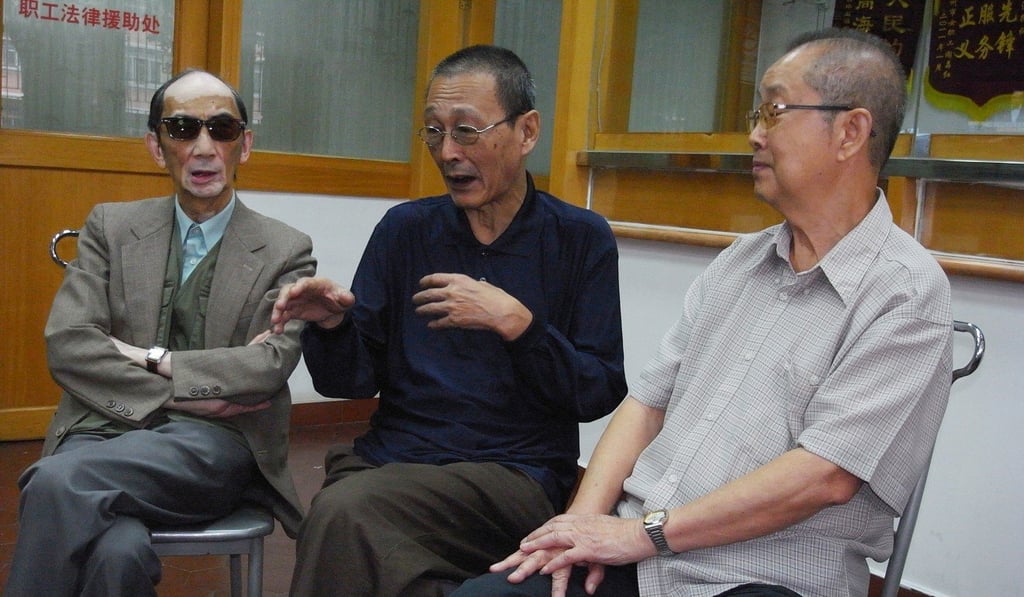Advertisement
Budget surplus can help free our elderly poor from financial prison in Hong Kong
Philip Yeung says given Hong Kong’s massive budget surplus and its problem with poverty – and suicide – among the elderly, it should loosen its requirements for supporting their living arrangements
Reading Time:3 minutes
Why you can trust SCMP

It is budget time. In what has become an annual ritual, the financial secretary has urged the public to give him ideas for a good financial plan of action. And, Paul Chan Mo-po is right: this year, more than ever, he can afford to be bold and creative. According to projections by professional accountants, Hong Kong won’t have to worry about running a deficit for the next 15 years – or perhaps ever – with this year’s surplus alone just shy of HK$160 billion. Our fiscal reserves have ballooned to more than HK$1.7 trillion, a figure any finance minister would kill for. But will he bring down yet another “rainy day” budget that defers doing the right thing?
Advertisement
Our coffers are overflowing, but the elderly poor receive only crumbs. The government continues to play Scrooge, handing out so-called “fruit money” to those aged 70 or over. At just HK$1,290, the allowance is fruit for the birds. To qualify, our old folk have to jump through hoops. Applicants need to have resided in Hong Kong for seven years, which is reasonable. But they cannot have been out of the SAR for more than 56 days in the year preceding the application, which is not. Further, they must continue to live in the city while receiving the benefit, which is a hardship. These harsh conditions explain why only 246,346 receive this benefit out of an eligible elderly population of 804,000. If you are poor, you don’t get to choose where you live.
The fruit money scheme is thus a statistical failure, failing to reach most of those who need it. One in three of our elderly live below the poverty line. Their suicide rate is among the highest in the world, with depression a major cause of them taking their own lives. Financial pressures drive many to an early grave.

Strengthen social relationships to help combat high elderly suicide rate
Unable to afford a subdivided roof over their heads, many elderly poor opt to resettle on the mainland, where accommodation is far more affordable. But the same harsh residence requirement imposed on those aged between 65 and 69, under the so-called Guangdong Scheme, has kept the number of recipients to a pathetic 16,149. These rules seem designed to keep people out rather than draw them in.
Advertisement
Did officials pick the 56-day limit out of a hat? How did they arrive at it? Does it mean recipients are allowed to leave Hong Kong one day for each of the 52 weeks plus four days during the Lunar New Year? The whole concept is wrong. It is the product of a twisted bureaucratic mind.

Advertisement